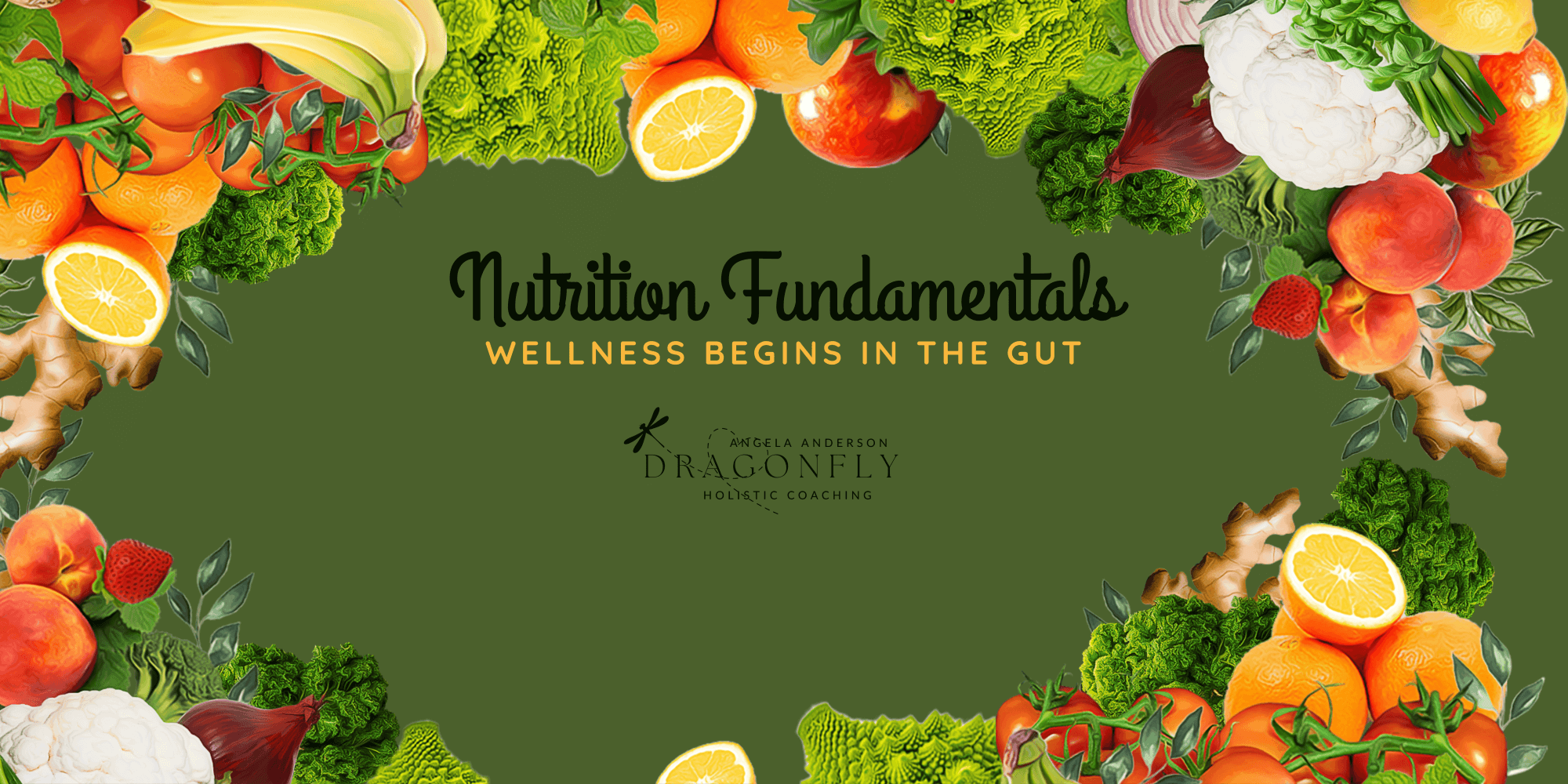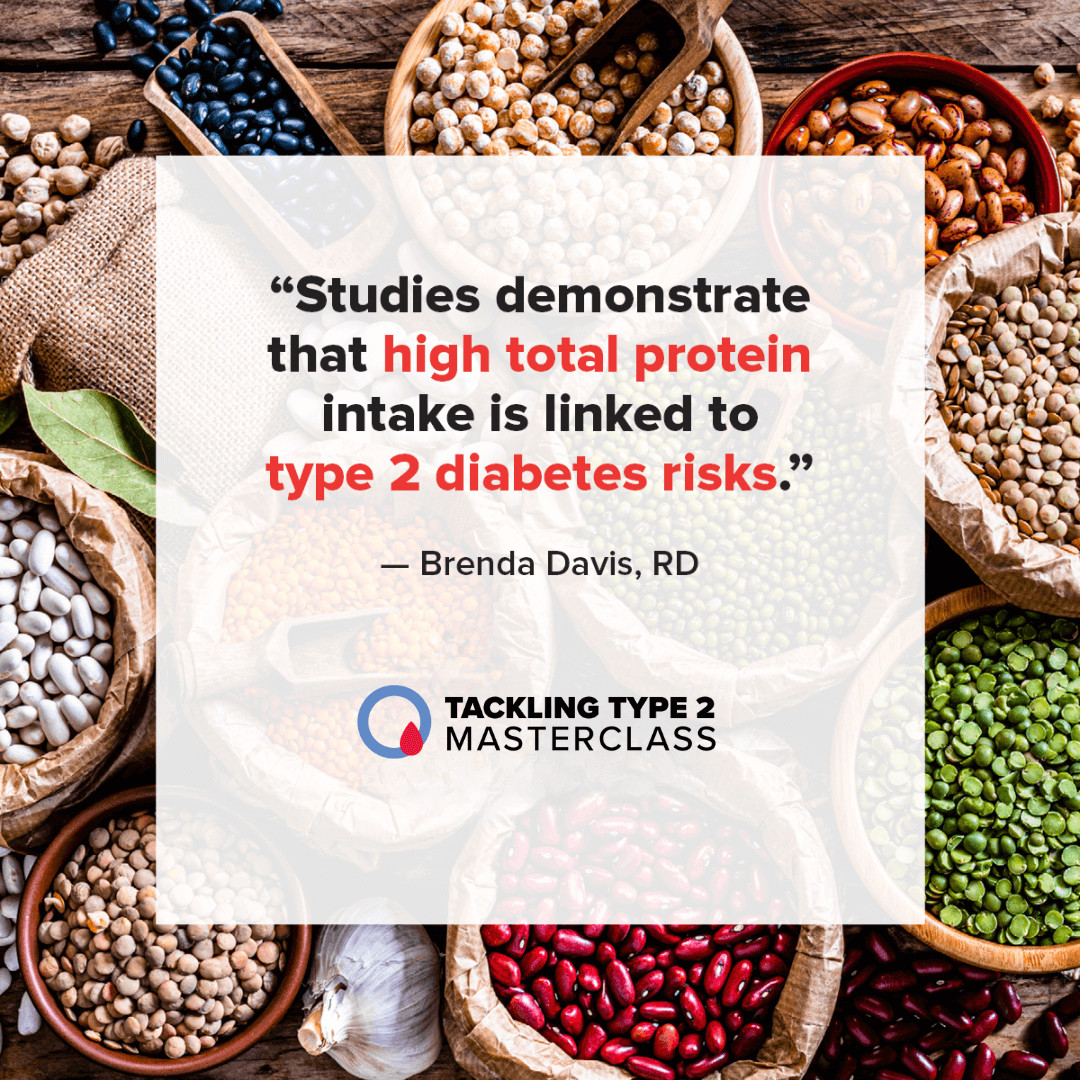 This month, we are starting the new year right by getting back to the fundamentals of nutrition. This week, we are starting with the macronutrients. First, we dive into protein.
This month, we are starting the new year right by getting back to the fundamentals of nutrition. This week, we are starting with the macronutrients. First, we dive into protein. Protein is an essential macronutrient that plays a fundamental role in maintaining and promoting overall health. Often referred to as the "building blocks" of the body, proteins are involved in a myriad of physiological processes that are vital for growth, repair, and maintenance. In this comprehensive exploration, we will delve into the various aspects of protein, its structure, sources, functions, and the significance of adequate protein intake for a healthy and balanced lifestyle.
### Understanding Protein: Structure and Composition
Proteins are large, complex molecules made up of smaller units called amino acids. There are 20 different amino acids that can combine to form a protein, and the specific sequence and arrangement of these amino acids determine the structure and function of each protein. Amino acids are often categorized into essential and non-essential, based on whether the body can produce them or if they must be obtained from the diet.
Proteins have a unique three-dimensional structure, and this structure is crucial for their functionality. The primary, secondary, tertiary, and quaternary structures of proteins all contribute to their diverse roles in the body. Enzymes, antibodies, hormones, and structural proteins like collagen are just a few examples of the wide array of proteins that exist within the human body.
### Sources of Protein
A varied and balanced diet is essential for meeting the body's protein requirements. While animal products like meat, poultry, fish, eggs, and dairy are rich sources of high-quality protein, plant-based sources such as legumes, nuts, seeds, and grains also contribute significantly to overall protein intake.
Each protein source provides a unique combination of amino acids, and it is important to incorporate a variety of protein-rich foods to ensure a well-rounded nutritional profile. For those following vegetarian or vegan diets, combining different plant-based protein sources can help achieve a complete amino acid profile. The more science learns about nutrition, the more we understand that its not just the macronutrients and micronutrients but the co-factors that each source provide, that gives the body all it needs to function properly.
### Functions of Protein in the Body
1. **Muscle Structure and Function:**
Protein is crucial for the growth, repair, and maintenance of muscles. During physical activity or exercise, muscle fibers experience microscopic damage, and adequate protein intake is essential for the repair and growth of these fibers. This is why athletes and individuals engaged in regular exercise often have higher protein requirements.
2. **Enzymatic Activity:**
Proteins act as enzymes, facilitating and catalyzing various biochemical reactions in the body. Enzymes are essential for processes like digestion, energy production, and the synthesis of molecules such as DNA and RNA.
3. **Immune System Support:**
Antibodies, which play a key role in the immune system, are proteins. They help the body recognize and neutralize harmful substances such as bacteria and viruses. A deficiency in protein can compromise the immune system, making the body more susceptible to infections.
4. **Hormonal Balance:**
Many hormones that regulate various physiological processes, such as insulin, growth hormone, and thyroid hormones, are proteins. These hormones are crucial for maintaining homeostasis within the body.
5. **Transportation of Molecules:**
Proteins act as carriers, transporting substances such as oxygen (hemoglobin in red blood cells), nutrients, and waste products throughout the body. Hemoglobin, for example, is a protein that binds to oxygen in the lungs and transports it to tissues and organs.
6. **Structural Support:**
Structural proteins like collagen provide support and elasticity to tissues such as skin, tendons, and ligaments. Collagen, in particular, is a critical component of connective tissues and is essential for maintaining skin elasticity and joint health.
### Protein Requirements and Recommended Intake
The amount of protein a person needs can vary based on factors such as age, sex, weight, physical activity level, and overall health. While there is no one-size-fits-all recommendation, various health organizations provide general guidelines.
The Recommended Dietary Allowance (RDA) for protein for the average adult is 0.8 grams of protein per kilogram of body weight. However, individuals who engage in regular exercise, athletes, pregnant women, and those recovering from illness or injury may require higher protein intake.
Calculating protein needs based on individual factors and lifestyle is crucial for ensuring that the body receives an adequate supply of amino acids to support its various functions.
### Protein Quality: Complete vs. Incomplete Proteins
Proteins are often classified as complete or incomplete based on their amino acid profile. Complete proteins, commonly found in animal products, contain all essential amino acids in sufficient quantities. Incomplete proteins, commonly found in plant sources, may lack one or more essential amino acids.
For individuals following vegetarian or vegan diets, it is essential to combine different plant-based protein sources to ensure a complete amino acid profile. Complementary proteins, such as beans and rice or hummus and whole-grain bread, can be paired to provide a well-balanced amino acid intake.
### Protein and Weight Management
Protein plays a crucial role in weight management and can be a valuable asset for those looking to lose or maintain weight. High-protein diets are known for their satiating effects, helping individuals feel fuller for longer periods. This can lead to a reduction in overall calorie intake and contribute to weight loss.
Additionally, protein has a higher thermic effect of food (TEF) compared to fats and carbohydrates. TEF refers to the energy expended during the digestion, absorption, and utilization of nutrients. Protein requires more energy to be metabolized, potentially contributing to increased calorie expenditure.
### Common Myths and Misconceptions
#### Myth 1: "More Protein is Always Better"
While protein is essential, consuming excessively high amounts does not necessarily translate to greater health benefits. The body has a limited capacity to utilize protein for muscle building and repair, and excessive intake may put strain on the kidneys over time. It's important to strike a balance and meet individual protein requirements without exceeding them unnecessarily.
#### Myth 2: "Plant Proteins are Inferior to Animal Proteins"
Contrary to the belief that plant proteins are incomplete or inferior, a well-planned vegetarian or vegan diet can provide all essential amino acids. Combining different plant-based protein sources ensures a diverse amino acid profile, promoting optimal health.
#### Myth 3: "Protein Supplements are Necessary for Everyone"
While protein supplements can be convenient for individuals with specific dietary needs or those engaged in intense physical training, most people can meet their protein requirements through whole food sources. It is always recommended to prioritize natural food sources and use supplements only when necessary or advised by a healthcare professional.
### Conclusion
In conclusion, protein is an indispensable macronutrient with multifaceted roles in the body. From building and repairing tissues to supporting immune function and maintaining hormonal balance, protein is a cornerstone of overall health. A well-balanced and diverse diet that includes a variety of protein sources is key to ensuring an adequate supply of essential amino acids.
Understanding individual protein needs, debunking common myths, and appreciating the value of both animal and plant-based protein sources contribute to a holistic approach to nutrition. Whether you are an athlete striving for peak performance, someone aiming for weight management, or an individual simply prioritizing health and well-being, acknowledging the significance of protein in your diet is a step towards fostering a healthier, more resilient body.








0 Comments